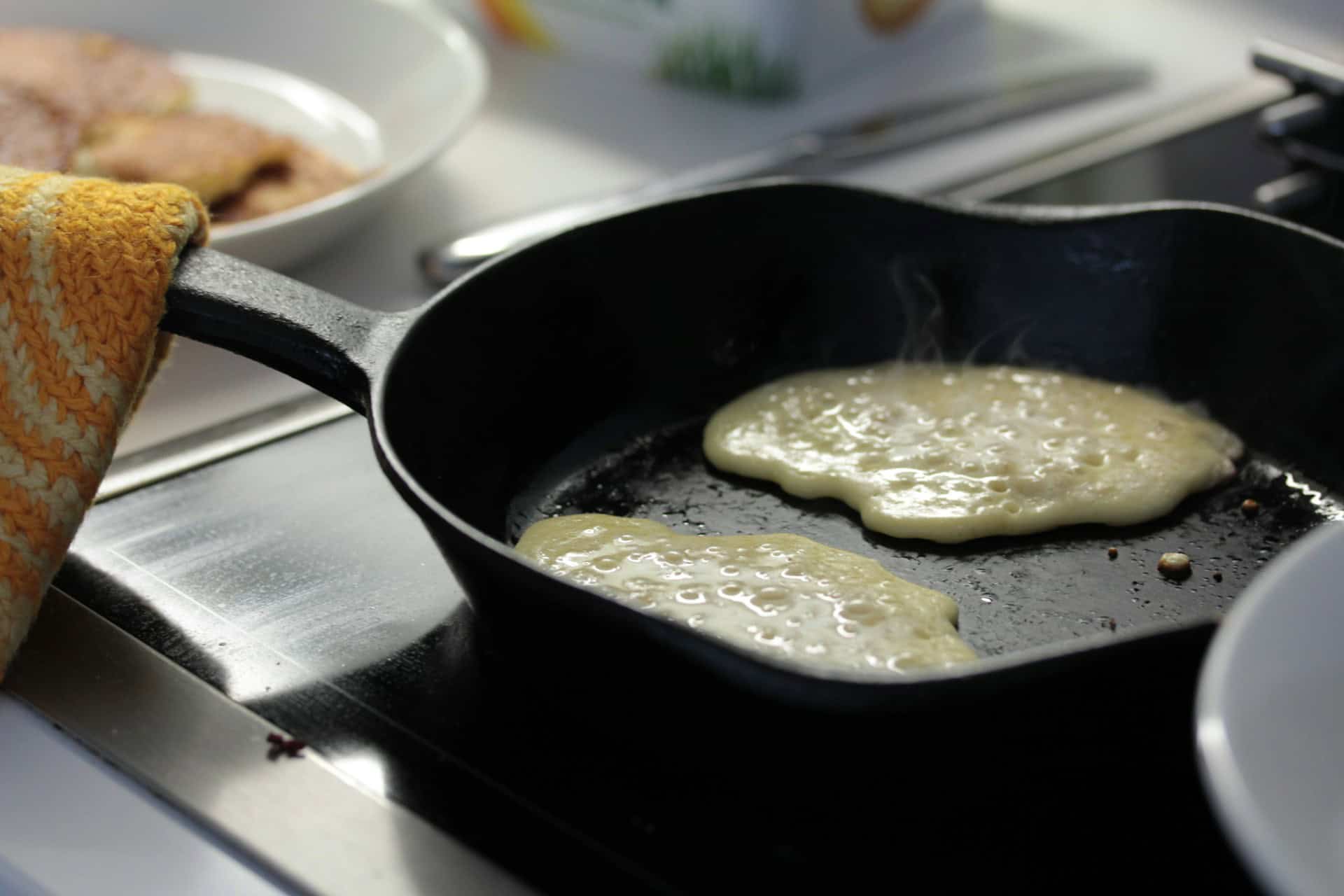
Question: Will Cast Iron Scratch on Induction Cooktop?
Answer: Yes, cast iron can scratch an induction cooktop. While induction cooktops are scratch-resistant, cast iron’s rough bottom can cause micro-scratches with frequent sliding or heavy impact.
Understanding Cast Iron and Induction Cooktops
Many home cooks enjoy cast iron cookware for its heat retention and durability. Induction cooktops offer quick heating and precise temperature control. A common question arises when combining these two kitchen staples: Will cast iron scratch an induction cooktop? The answer, like many things in life, isn’t a simple yes or no. Several factors influence the potential for scratching. This article explores these factors to provide a clear understanding of how to use cast iron on an induction cooktop safely and effectively.
We will examine the properties of both cast iron and induction cooktops. We’ll also discuss proper techniques for handling cast iron to minimize the risk of scratches. By understanding the interplay between these two kitchen tools, you can confidently use your cast iron cookware on your induction cooktop without worry. This guide provides practical advice for maximizing the benefits of both.
How Induction Cooking Works
Induction cooking uses electromagnetism to heat cookware directly. A copper coil beneath the cooktop’s surface generates a magnetic field. When you place magnetic cookware, like cast iron, on the cooktop, this field induces an electrical current in the cookware’s base. This electrical current generates heat, cooking your food efficiently.
The smooth glass surface of the induction cooktop itself doesn’t generate heat directly. The heat comes from the cookware itself. This makes induction cooking safer and more energy-efficient than traditional gas or electric cooktops.
Because the cooktop doesn’t get as hot, spills are less likely to burn and stick, simplifying cleanup. The precise temperature control of induction also offers advantages for delicate cooking tasks. Understanding this mechanism helps explain why scratching is a concern with certain types of cookware.
Click here for more information on cabinet refacers in Toronto
Related Article: Can I Use Cast Iron on an Induction Oven?
Minimizing Scratch Risks
You can take several precautions to minimize the risk of scratching your induction cooktop with cast iron. The most important step involves lifting the cookware instead of sliding it across the surface. This prevents the rough bottom of the cast iron from grinding against the glass.
Ensure the base of your cast iron cookware is clean before placing it on the cooktop. Trapped food particles or grit can act like sandpaper, increasing the likelihood of scratches. Regularly cleaning your cast iron helps prevent this issue.
Consider using a protective mat or liner designed for induction cooktops. These mats create a barrier between the cast iron and the cooktop’s surface, absorbing minor impacts and preventing scratches.
Choosing the Right Cast Iron
When selecting cast iron for use on an induction cooktop, consider the smoothness of the base. Some manufacturers produce cast iron cookware specifically for induction cooking, featuring smoother bases. This minimizes the risk of scratching.
Inspecting the bottom of the cookware before purchasing can help identify any rough or uneven spots. If possible, run your hand across the base to gauge its texture. A smoother base indicates a lower risk of scratching.
Enamelled cast iron cookware often has a smoother base than traditional bare cast iron. The enamel coating also offers easier cleaning and maintenance.
Maintaining Your Induction Cooktop
Regular cleaning keeps your induction cooktop in optimal condition and helps prevent the buildup of scratches. Use a cleaner specifically designed for ceramic or glass cooktops. Avoid abrasive cleaners or scouring pads, which can damage the surface. A soft cloth or sponge is sufficient for most cleaning tasks.
Inspect your cooktop regularly for any signs of damage. Addressing minor scratches promptly can prevent them from becoming deeper or more noticeable. Consult your cooktop’s user manual for recommended cleaning and maintenance procedures.
By following these guidelines, you can maintain the pristine appearance and functionality of your induction cooktop for years to come, even with regular use of cast iron cookware.
Conclusion – Will Cast Iron Scratch on Induction Cooktop?
This question doesn’t have a simple answer. While cast iron’s weight and texture do present a potential risk, careful handling and appropriate precautions minimize this risk. By lifting your cast iron instead of sliding it, ensuring a clean base, and considering a protective liner, you can greatly reduce the likelihood of scratches.
Selecting cast iron with a smoother base, particularly cookware designed for induction cooking, offers further protection. Regular cleaning and maintenance of your induction cooktop also contribute to its longevity and appearance. By following these guidelines, you can confidently enjoy the combined benefits of durable cast iron cookware and the precise control of an induction cooktop without worry.

Blue Malue Get in touch with Blue here.
